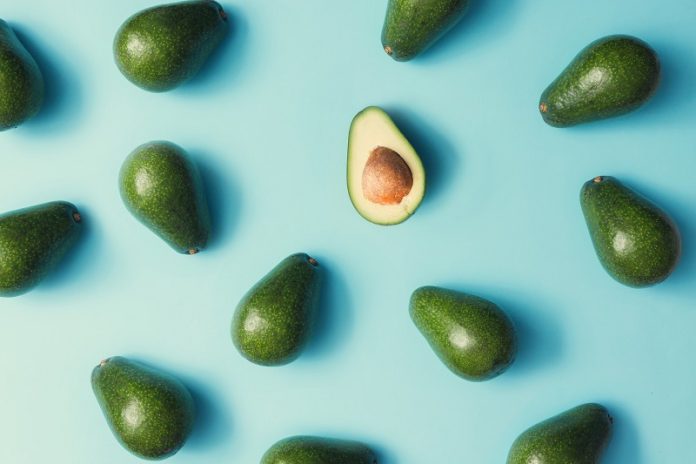
A recent study published in the Journal of the American Heart Association has found that consuming avocados may be associated with a lower risk of developing cardiovascular disease (CVD).
The research was conducted using data from the Nurses’ Health Study and the Health Professionals Follow-up Study and included 68,786 women and 41,701 men who were free of cancer, coronary heart disease, and stroke at baseline.
Participants completed validated food frequency questionnaires every four years, and the results were analyzed using Cox proportional hazards regressions.
The study found that participants who consumed at least two servings of avocado per week had a 16% lower risk of developing CVD and a 21% lower risk of developing coronary heart disease than those who did not consume avocados.
Moreover, the researchers found that replacing half a serving per day of margarine, butter, egg, yogurt, cheese, or processed meats with the equivalent amount of avocado was associated with a 16% to 22% lower risk of CVD.
The researchers suggest that these findings may be attributed to the high levels of monounsaturated fatty acids, fiber, potassium, and other nutrients found in avocados.
Monounsaturated fatty acids have been linked to improved lipid profiles, including lower levels of LDL (bad) cholesterol, and increased levels of HDL (good) cholesterol.
Fiber has been shown to reduce blood pressure, lower cholesterol levels, and improve insulin sensitivity. Potassium is important for maintaining healthy blood pressure levels and reducing the risk of stroke.
The study is one of the first to investigate the relationship between avocado consumption and long-term CVD risk.
The findings suggest that consuming avocados may be a simple dietary intervention that could lead to lower CVD risk.
The researchers note that replacing less healthy fats with avocado is a simple way to incorporate this food into a healthy diet.
However, it is important to note that this study is observational and cannot establish causality.
Moreover, the study participants were primarily health professionals, which may limit the generalizability of the findings.
More research is needed to confirm these results and investigate the potential mechanisms underlying the relationship between avocado consumption and CVD risk.
What to eat to prevent heart disease
Heart disease is a leading cause of death worldwide, but there are many dietary choices you can make to reduce your risk of developing this condition. Here are some foods to eat to prevent heart disease:
Fruits and vegetables: These are rich in vitamins, minerals, and antioxidants, which can help protect against heart disease. Aim to eat a variety of colors to get a range of nutrients.
Whole grains: Choose whole grain bread, cereals, and pasta over refined grains. Whole grains are high in fiber, which can help reduce cholesterol levels and lower your risk of heart disease.
Nuts and seeds: These are rich in heart-healthy fats, protein, and fiber. Some good options include almonds, walnuts, chia seeds, and flaxseeds.
Fatty fish: Fish like salmon, tuna, and mackerel are rich in omega-3 fatty acids, which can help lower triglycerides, reduce inflammation, and improve heart health.
Legumes: Beans, lentils, and chickpeas are high in fiber and protein, and they can help lower cholesterol levels and improve blood sugar control.
Low-fat dairy: Dairy products like milk, yogurt, and cheese can be part of a heart-healthy diet, but choose low-fat or fat-free options to limit saturated fat intake.
Lean protein: Choose lean meats like chicken and turkey, as well as plant-based proteins like tofu and tempeh. Limit red meat and processed meats, which are high in saturated fat and can increase the risk of heart disease.
Healthy fats: Choose sources of healthy fats, like olive oil, avocado, and nuts, over sources of saturated and trans fats, like butter and margarine.
The research was published in the Journal of the American Heart Association and was conducted by Lorena S. Pacheco et al.
If you care about heart health, please read studies about how eating eggs can help reduce heart disease risk, and herbal supplements could harm your heart rhythm.
For more information about health, please see recent studies about how drinking milk affects the risks of heart disease and cancer, and results showing DASH diet is good for your blood pressure, and a vegetable diet may reduce heart disease risk.
Copyright © 2023 Scientific Diet. All rights reserved.





